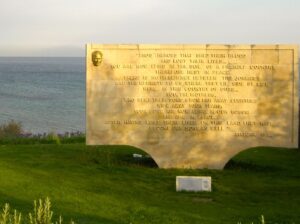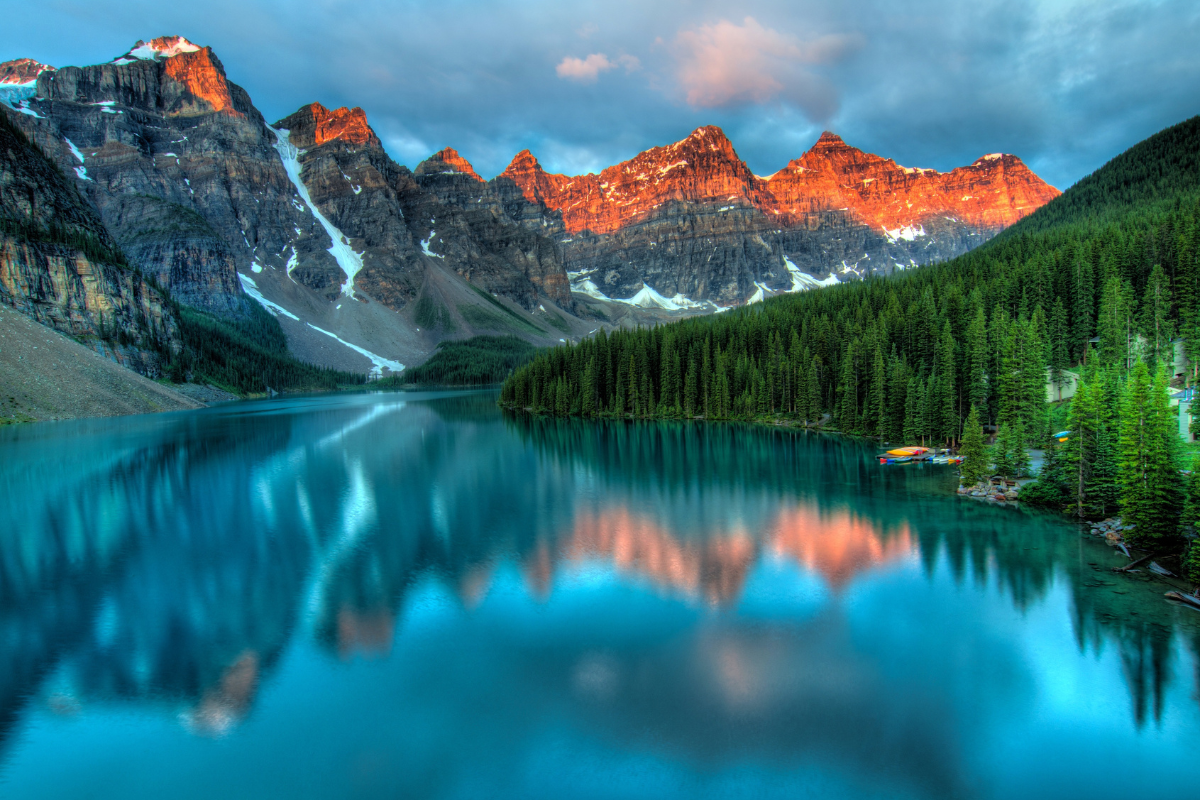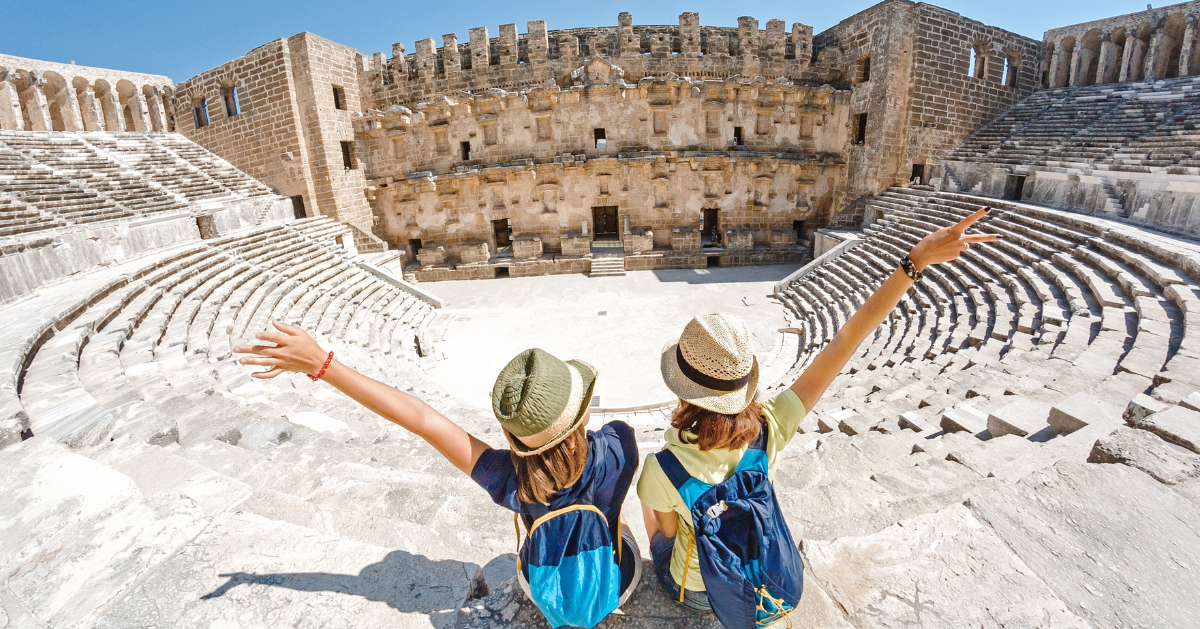by Jono Cusack
Every nation has their heroes and myths. The stories on which every underlying value is based. For Australia and New Zealand it’s the legend of the Anzac Soldier. In the early twentieth century on a tiny peninsula in Turkey that no one had ever heard of, we went to war.
For the very first time the nation’s sons and daughters shipped out in a joint force to fight for the glory of the British Empire. They were the ANZACs, the Australian and New Zealand Army Corps. Eight months after landing at Gallipoli, Çanakkale to the Turkish, tens of thousands of dead littered the beaches. Little to nothing had been gained, only incredible loss, from all sides. The campaign has been described as an ‘epic tragedy’ and ‘…one of the greatest military debacles in the history of warfare.’
What happened over those eight months though, formed both the Australian and New Zealand identity. Each year on the 25th of April, Anzac Day, we commemorate the sacrifice of those who served in all wars. It is Gallipoli, however, that holds the most resonance in our psyche. Visiting the peninsula has now become a pilgrimage for many young Australians and New Zealanders. It’s a journey of self-discovery, one to learn the stories of the men and women that defined who we are as nations.
The Anzacs
Several years ago I spent Anzac Day with thousands of other young backpackers on the peninsula. The night before in Istanbul was full of bravado and beer. Typical of the way young travellers arrive into a foreign city with no idea of what’s ahead of them. A shadow of the innocence experienced by the Anzacs all those years ago. On the bus journey to Gallipoli things turned more sombre, as it became more apparent why we were there. We took in our surroundings of the Turkish countryside – it felt so far from home. The thought occurred to us of just how alone the Anzacs would have felt close to a century ago.
As we drove closer to the coast, flags that we had all grown up with began to appear. We disembarked the bus and walked down through various memorials. Names on commemorative plaques became familiar. Some of us even shared these names. By the time we reached the peninsula, it was dark and we huddled together in sleeping bags for warmth. There was very little noise amongst the camp that evening, only a slight murmur. At 4am guns fired to mark the exact time the Anzacs landed, and we waited, in absolute silence.
Soon the sun breached the horizon and we took in the landscape. The sheer cliff face we had camped under began to feel ominous. It was the very same the Anzacs were order to ascend in pitch black under gunfire. It became an incredibly emotional experience as we began to understand how truly hopeless the campaign was. Throughout the day we moved between services and points of memory. We remembered all those who were lost, from all sides, and those who returned home, forever changed. For all Australians and New Zealanders there is a connection to this place on the other side of the world. As young travellers it was as though we were drawn here, to this foreign place, which marks the birth of our nation.
The Digger
The Anzacs were given the moniker ‘the Digger’, which has come to represent much of Australian and New Zealand culture. The most important facet of the digger is the idea of ‘mateship’. It stands for loyalty, equality and friendship for those around us. Of course like all events in history we choose what we wish to remember, but it cannot be denied that mateship has become a part of our national identities. Along with this, the digger also embodies the idea of the joker, the clown and the larrikin, all of the things which define what it means to be young. As we waited for the bus to return us to Istanbul we realised there was no difference between us and them. We were of the same age, we both knew little of the world, but shared that same idea for adventure. We left the peninsula changed, but firm in the knowledge of where we had come from, and more importantly, where we were headed.
About Jono:
From Buenos Aires, to Milan, to Moscow, I’ve lived across the world for the past decade. Some might say I’ve just bounced from one girlfriend to the next, but I say it’s been one cultural experience to another. At the beginning of 2014 I started again and began the first of five long haul trips around the world, the Pan-American Highway. Along the way I will seek the stories of those incredible people whose tales remain unknown and publish them on www.seesomething.com.au
Hostels in Australia |
Hostels in New Zealand |
Hostels in Turkey |







